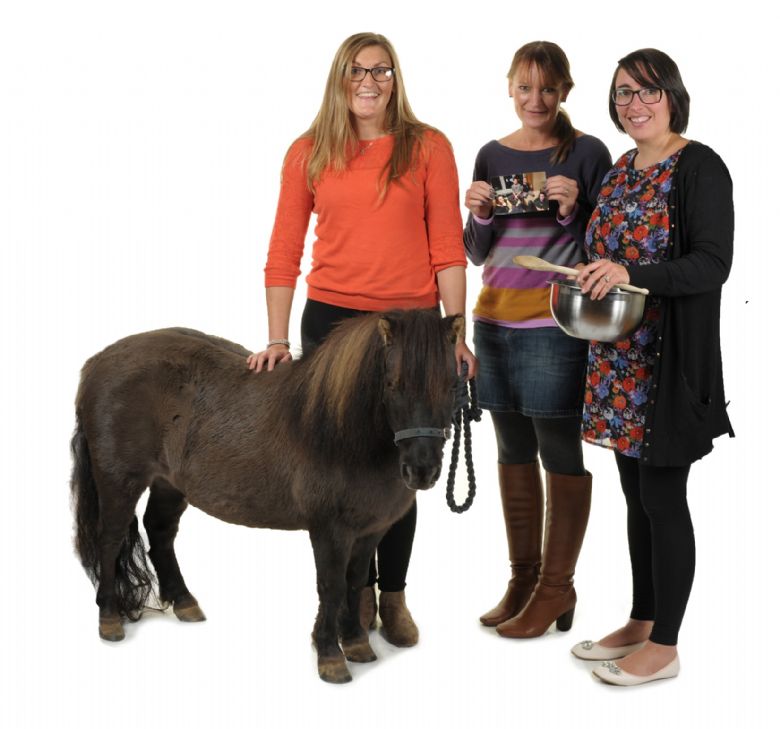Year 2
Our superb team in Year 2 are:
Miss Kirby, Class Teacher
Mrs Rodger, LSA
Mrs Legg, LSA
Our Summer Term Newsletter can be found by clicking the link at the foot of this page.
Timetable basics
Please remember:
Monday - Spelling book and Homework folder
Tuesday - Library
Wednesday & Thursday - PE
Friday - Show and Tell
We endeavour to keep to our timetable, but occasionally changes are made.
Curriculum
Our curriculum is based on the 2014 National Curriculum in England. This consists of the core subjects: English, Maths and Science and the foundation subjects: Art, Design and Technology, Computing, Geography, History, Music and Physical Education.
In addition to these we also follow the locally agreed syllabus for Religious Education and have a strong Personal, Social, Health Curriculum.
We ensure that our children develop a secure grounding in the basic skills of reading, writing, spelling, grammar and maths, which enables them to learn well in all subjects.
Topic Information
Year 2 is the end of Key Stage One (KS1) and we have to ensure the children are well prepared to make the move to Key Stage Two (KS2) at the end of the year. Throughout the year we will continue to provide a rich and engaging curriculum through our topic work. This year, our topics are:
Autumn One: ‘The Lady and the lamp’. A history based topic around the effect of a significant person in history, Florence Nightingale.
Autumn Two: ‘Katie’s Island’. A geography based topic comparing our local area with another UK locality using the books of Katie Morag.
Spring One: ‘Message in a bottle’. A geography based topic comparing our local area with a non-European locality (Mexico), focussing on the human and physical geography of the area.
Spring Two: ‘Iceberg!’ A history based topic based on The Titanic studying an event beyond living memory that is significant globally and nationally.
Summer One: ‘Oh I do like to be beside the seaside!’ A geography based topic to identify key geographical features of the coast. Comparing our own locality to that of one on the coast (Southsea).
Summer Two: ‘Is there anyone out there?’ A history based topic studying changes within living memory. Looking at the lives of significant individuals who have contributed to national and international achievements and the discoveries made by these people. For example, Neil Armstrong, Christopher Columbus, Tim Peak.
Royal Victoria Country Park school trip

They will begin to understand how historical artefacts and uniforms help to create a picture of life in a military hospital. The children will learn all about Florence’s influential role on nursing through role play, photographs and artefacts.
Suggested Reading Lists
The recommended reading list for children in Year 2 is below - simply click on the link!
Spelling LIsts
In Year 2 spellings are still centred around the sounds. The link below will give you an overview of the sounds they are concentrating on and a list of examples used. This document covers guidance and spelling lists for all KS1 and KS2 children.
Homework Expectations
Each week the children will get spellings (which are linked to the sounds that the children are working on during phonics) and maths (which will be used as a consolidation of the work that they have been doing in mathematics during the previous week).
All homework will go out on a Monday. Spellings will be checked on Friday afternoons. To help your child, you could practise at home by using magnetic letters, think of rhymes or sayings to help with trickier words etc.
Maths homework needs to be returned the following Monday so that you have the weekend to work on it.
Each half term there will also be homework linked to our projects to do but you will be given a few weeks to complete this.
Home Readers
Children have the opportunity to change their home readers every day however we encourage you to read the story several times with your child to work on comprehension skills etc. The books are designed to be appropriate to your child’s reading ability.
In the boxes there are a range of books. Some easier, some harder. This is in order to provide challenge but also to allow the child to build their confidence with reading by being able to choose a book they can read easily.
End of Key Stage Assessments (SATS)
Firstly, please do not worry about these! The children will be well prepared and it will not be anything out of the ordinary for them. Yes, the children will have to sit the assessments in test conditions but they will be presented to the children as fun maths puzzle books etc so they will not be phased.
The children’s end of key stage results are not based solely on the tests themselves.
Throughout the year I will be assessing them against the government standards and the tests will be used to support my evidence. Therefore, if your child has a ‘bad day’ it will not be the end of the world as I will already have a bank of evidence for them. My assessments and the tests will be used to provide evidence for the child’s final level (working towards, meeting expectations or working at a greater depth). The assessments have to be taken in May so dentist, optician’s appointments etc need to be avoided. The difference between Key stage 1 assessments and Key Stage 2 assessments is Year 6 tests are nationally timetabled, whereas Year 2s are more flexible providing they are completed within the month of May.
As we are now in the KS1 testing period, parents of pupils in Year 2 might be interested in our information leaflet or short video.
Both provide information about the purpose of the tests, how parents can best support their children and how results will be reported.
In short, your child should not be worried and therefore, neither should you!

